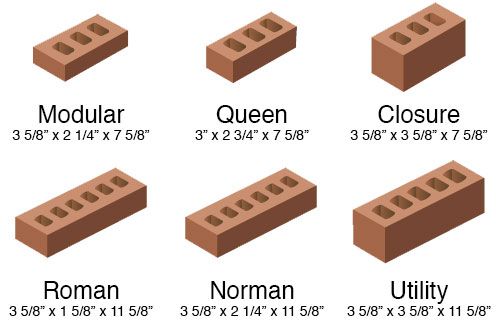How Much Mortar For Concrete Block Wall

How to estimate mortar for a block wall.
How much mortar for concrete block wall. On average it takes about three bags of cement for every 100 blocks. Also remember that all the mortar joints beneath the blocks and between the blocks must be 3 8 inch thick. Step 4 mix mortar. In essence four parts or five of sand are added to one part of cement and then water is added to that until you achieve the texture you want for your particular block project.
The basic mixture for most concrete block projects is a 4 to 1 or 5 to 1 mixture. For example if the wall will contain 237 blocks and each bag will bond 20 blocks then 12 bags of mortar will be required because 237 divided by. When you reach the final course rather than using standard or half blocks consider. Concrete block wall total average cost per square foot.
Concrete block also known as a concrete masonry unit and sometimes called a cinder block typically has one or two holes or voids to reduce the weight of the block. Cinder block walls chimneys and siding can break down over time. Divide the number of blocks being installed by 33 3 to calculate how many bags are needed. Bricks blocks and mortar sand cement calculator.
To estimate how much grout is needed to fill those voids you need to find the volume of each void and multiply that by the number of voids in the wall. The result is the number of bags of mortar needed. I would strongly recommend you hire a licensed and insured concrete block wall contractor to perform the installation for you. When weather and time chip away at the mortar between the cinder block bricks it s time for a repoint.
The concrete block calculators provide guidance to determine building materials required for construction projects. Pointing is the external part of mortar joints in masonry construction. This calculator estimator will provide the quantities of bricks blocks and mortar sand cement required for a given area for metric bricks single double skins as well as 100mm 140mm 215mm blockwork. Step 3 snap a chalk line on each side of the block wall as a reference line.
Lay out the block making sure to leave a 3 8 inch gap between the blocks to allow for the vertical mortar joints i e a typical 8x8x16 block is actually 15 5 8 inches long and 7 5 8 inches high to accommodate the mortar joint. Water can leak into the crumbling. It will also provide approximate brick work prices.














































